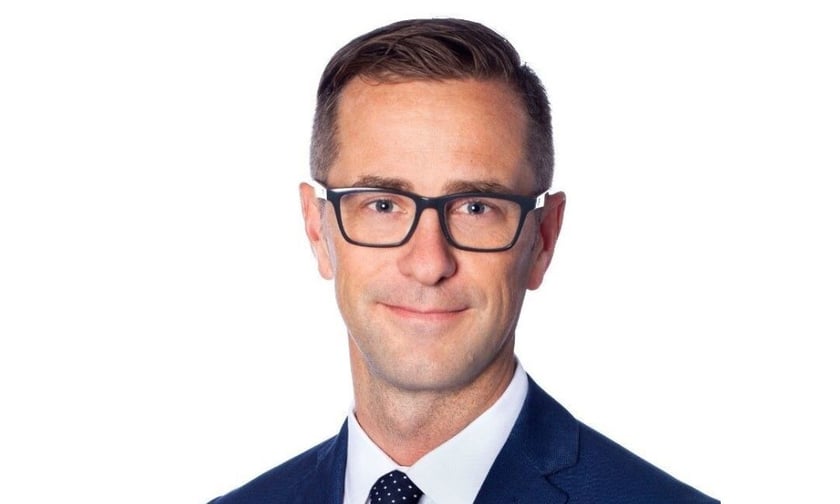

Ewen Cameron (pictured), president and CEO of Paisley Partners (a Navacord broker partner), takes a measured and strategic approach when it comes to mergers and acquisitions (M&A) in the insurance brokerage space.
Speaking to IB, he emphasizes that the driving force behind successful M&A is not just financial alignment, but a shared vision and values between acquiring and acquired firms.
“We look for firms that have a client-centric focus, that are relationship driven, and a culture that mimics a family-like environment,” Cameron says. For Paisley Partners, the culture and approach to business play a crucial role - partnerships are seen as an extension of their long-term business philosophy.
Cameron notes that the company’s primary trading area is in the Greater Toronto Area,but their national licensure provides broader opportunities. The focus, however, remains on identifying firms that align with their full-service brokerage model. This model allows for the provision of core products and ancillary services that help clients operate their businesses while offering peace of mind in their personal lives.
“We’re looking for partners and clientele that value the full-service brokerage model,” Cameron says, adding that they are particularly interested in bolstering areas like risk management and loss prevention, which differentiate them in a competitive marketplace.
Beyond just operational compatibility, Cameron stresses the importance of community engagement. Paisley Partners seeks partners that are stewards and leaders in their local areas, actively participating in the business, social, and cultural elements of their communities
“We’re very selective around that,” he says, indicating that due diligence and careful vetting are integral to their M&A strategy. The focus on community ties is also reflected in their partnership with Navacord, which operates under a decentralized model.
In terms of leveraging acquisitions to enhance service offerings, Cameron identifies several key areas where M&A can significantly impact the client experience. One of the major benefits he highlights is the flexibility that comes with multiple office locations, especially in a geographically challenging area like the GTA, where traffic congestion is a constant concern.
“Adding on a partner typically comes with an additional location, which is a work-life balance benefit for employees,” Cameron says.
Cameron also points to the advantages of scale that come with strategic acquisitions. As Paisley Partners grows, it can make more substantial investments in training, mentoring, and career development, which he sees as essential for attracting and retaining talent in a changing industry.
“It gives people different opportunities for career pathing throughout the organization,” he says.
From a client services perspective, the consolidation and increased scale allow Paisley Partners to be more creative and bespoke in developing solutions, particularly in specialized areas like high-net-worth services. Cameron mentions that some acquisitions come with unique contracts or market access that would otherwise be difficult to secure, especially in a consolidating industry where new appointments from insurers are increasingly rare.
“Sometimes that might come with acquiring a unique contract that is hard to get with a market that is no longer expanding or appointing brokers,” he tells IB.
Cameron anticipates that M&A activity will continue to be a dominant trend in the brokerage industry, driven by several factors. He points to the aging demographic of brokerage principals and the need for succession planning as one of the key drivers of consolidation.
“Our primary consolidation and growth focus is with commercially specialized brokers or in the high-net-worth area where depth of expertise and scale are differentiators. I see that accelerating.”
Moreover, Cameron believes that scale is becoming increasingly critical in the brokerage distribution model. With the pressures on supply chains, whether in claims processing or relations with insurance companies, smaller firms are finding it harder to operate independently.
“If you don’t have markets, it’s obviously very difficult to stay in operation,” he says, stressing the importance of partnerships and market access in ensuring long-term viability.
For Paisley Partners, the focus remains on organic growth and profitability, but M&A continues to be a key area of interest, provided the right fit can be found.
“We say no eight times more than we say yes.”
